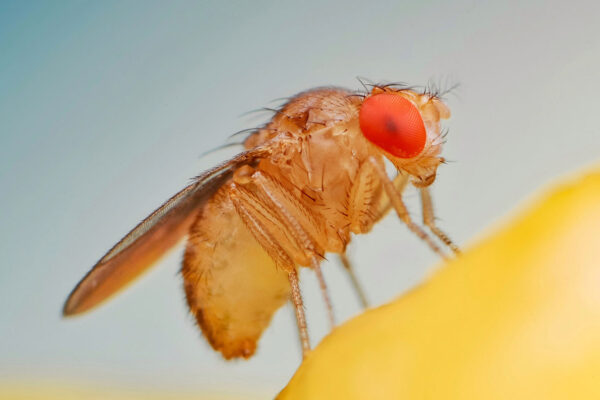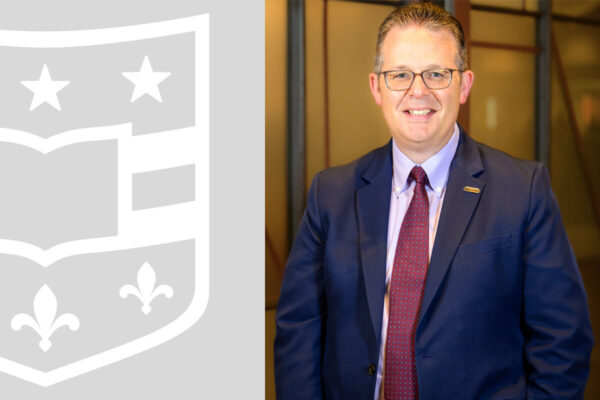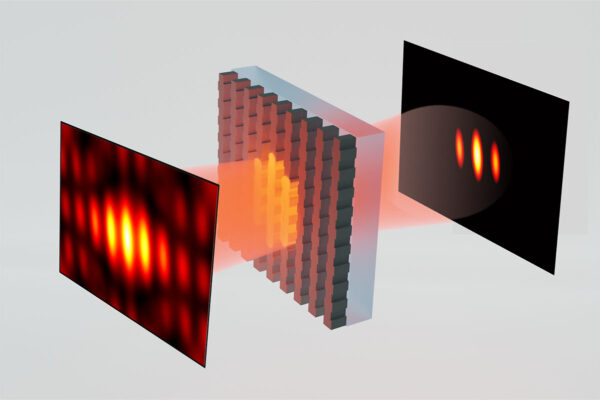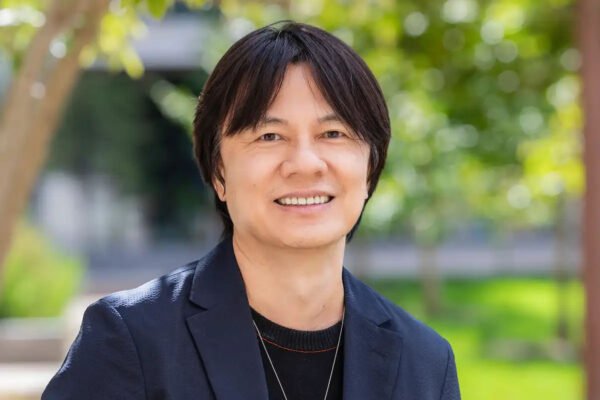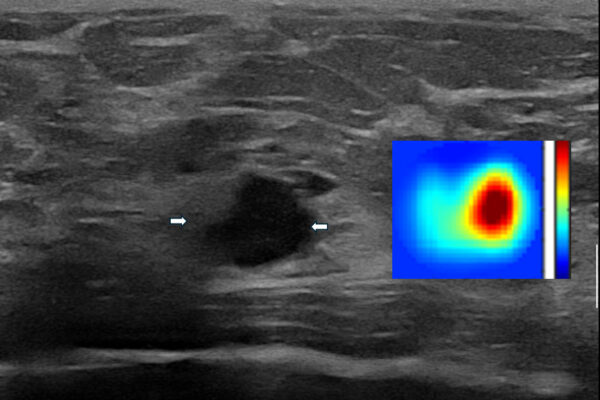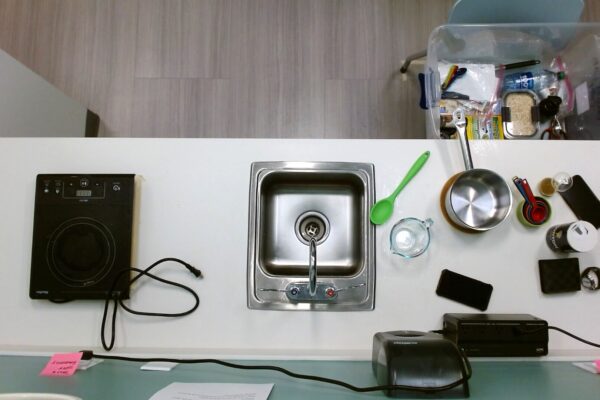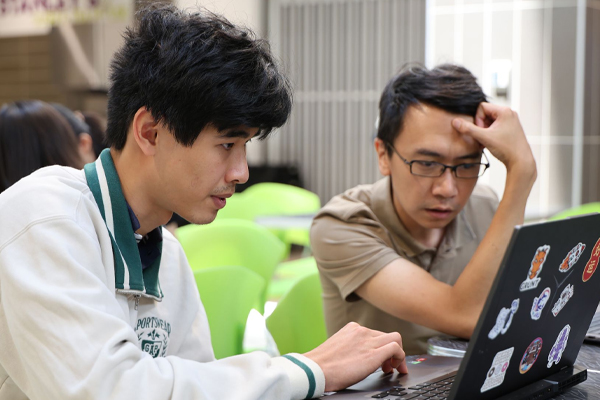Courtship is complicated, even in fruit flies
Researchers at Washington University in St. Louis have a new model for understanding fruit fly courtship behavior, which can help with other sensory models in neuroscience research.
Payne elected president of medical informatics organization
Philip Payne, vice chancellor for biomedical informatics and data science at WashU Medicine and chief health AI officer for BJC Health and WashU Medicine, will lead the American Medical Informatics Association.
Light gives boost to image processing, optical systems
Researchers at Washington University in St. Louis have found a way to use light to boost the efficiency of image processing and optical neural networks.
Reinforcement learning for arbitrarily large systems is possible
Researchers at Washington University in St. Louis are developing mathematically rigorous and computationally efficient techniques to transform extremely complex reinforcement learning problems into a manageable domain.
Imaging technique can reduce benign breast biopsies by 25%
Ultrasound-guided diffuse optical tomography reduces breast biopsies by 25% in a new study from researchers at Washington University in St. Louis.
Submissions sought for data competition
The second annual WashU Data Viz competition is now open and accepting submissions until Jan. 25. Students, faculty and staff are invited to participate.
Model developed in Zhang lab recognized by Mozilla
Mozilla AI recently highlighted the PIGuard model developed in the lab of Ning Zhang, a computer scientist at Washington University in St. Louis. The model was among the best at protecting LLMs from prompt injection attacks.
AI ‘CHEF’ could help those with cognitive declines complete home tasks
A team of WashU researchers has integrated two novel vision-language models that create a potential AI assistant that may help people with cognitive decline cook meals and remain independent.
Best defense? Invest in research
The McKelvey School of Engineering at Washington University in St. Louis has received several grants from the Department of Defense to support research into machine learning and energy storage.
Faculty, staff can apply for Digital Transformation Research Corps
WashU faculty and research staff can apply for the 2026 Digital Transformation Research Corps, a summer program from the Digital Intelligence & Innovation Accelerator that pairs research teams with student developers and data scientists. Applications are due Jan. 15.
Older Stories
